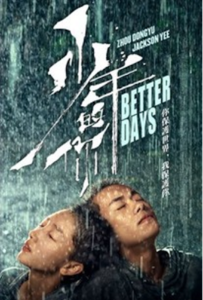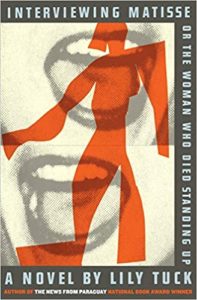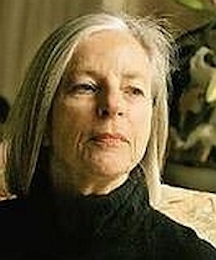After reading my comments about this year’s Oscar winners, my friend A.S. wrote to say:
Your blog today motivated me to give you my opinion of the movies this year.
I am so sick of movies that make me want to take my own life. Nomadland! Everything you said was true except it was boring. You wait and wait for something to happen, but it doesn’t.
Black Messiah was terrific, unbelievable! I agree that both supporting actors, which I thought were lead roles, were superb. The happenings in the movie were current events to us. We had sideline views of it all. Mayor Daley, Chicago, Mayor Rizzo, Philadelphia, were fascists that were viewed by many as good leaders at the time, the norm. What a country, huh?
I don’t know if you saw Promising Young Woman. I thought it was as good as the winner, Nomadland, but more entertaining. However, I thought the best movie of the year was Better Days. It was nominated for best foreign film but didn’t win. The maker of Another Round, the winner, lost his daughter just before filming. She was supposed to have a part in the movie. The Academy had to know about it and surely there was a sympathy vote.
I’m just sayin’…
I agree with A.S. on all counts.
And yes, I saw Promising Young Woman and Better Days.
I didn’t like the premise of Promising Young Woman… a revenge film for the MeToo movement. (Of course, we’ve had plenty of revenge films for white males… Charles Bronson and Michael Douglas come to mind…) I thought it was entertaining but not a good movie in the sense that it changed me in any way.
Better Days, though, was very good…



